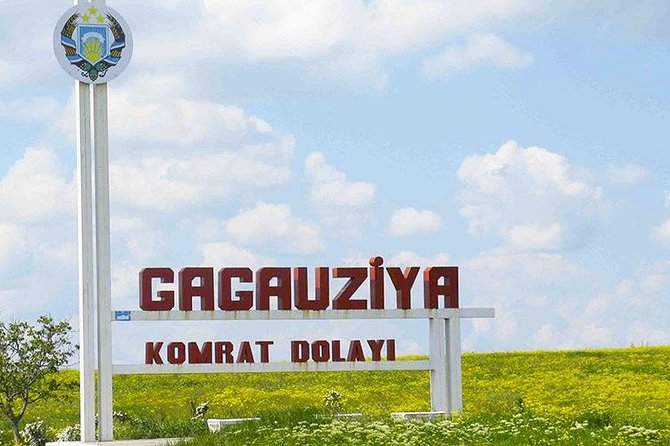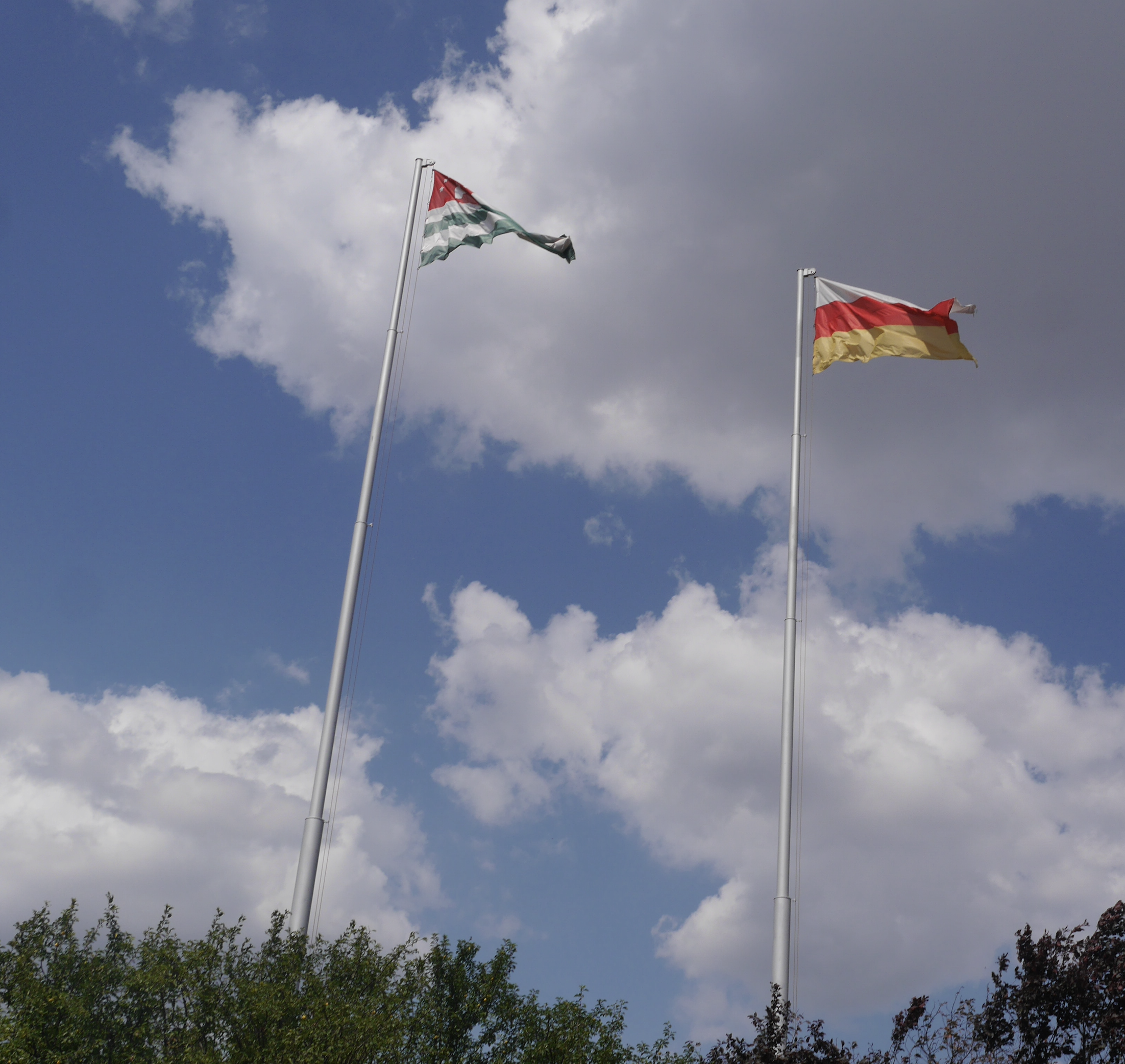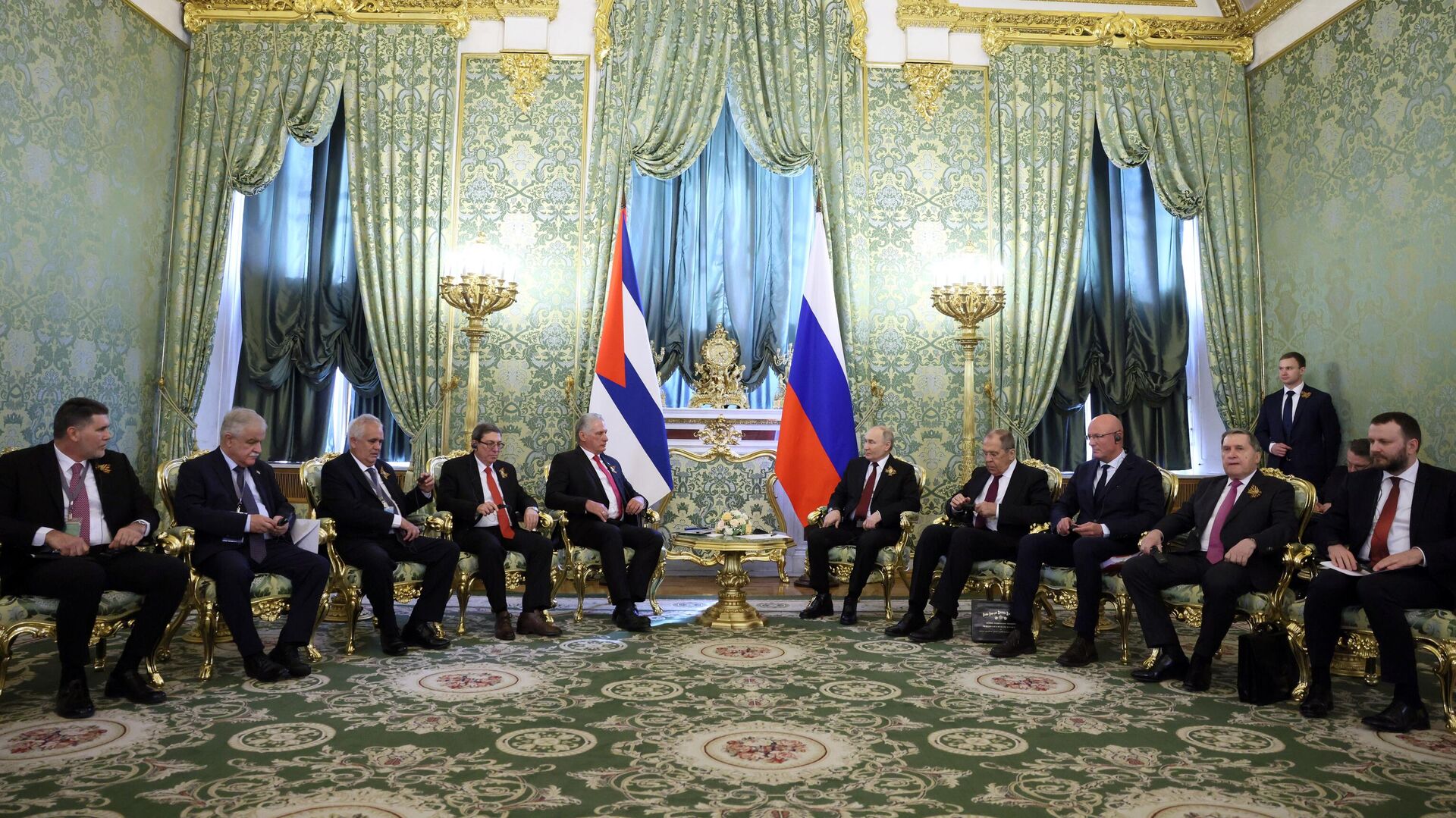
Russian Seeking Once Again to Use Gagauz in Blocking Moldova’s Turn to the West
Russian Seeking Once Again to Use Gagauz in Blocking Moldova’s Turn to the West
Since Moldova became independent in 1991, Moscow has repeatedly employed two major levers inside the country to try to prevent it from turning to the West, as the current Moldovan government has consistently signaled. These are the breakaway and Slavic-dominated Republic of Transnistria in the north and the 200,000-strong Christian Turkic region of Gagauzia in the southeast. The former invariably attracts more attention, but the latter is becoming ever more important, not only because Moscow is losing influence among Transnistria’s elites, who are calculating that they may be better off being linked to Europe than Russia, but also because the Gagauz issue is useful to the Kremlin in Ukraine as well, where there is a significant Gagauz minority (some 30,000 strong). Additionally, the Gagauz play a key role in Moscow’s relations with Turkey given that Ankara views them as the Turkic group abroad most closely related linguistically to Anatolian Turks (see EDM, January 27, 2022; April 28, 2022; Expert.ru, March 17).
Three developments in the past month have only further elevated the importance of Gagauzia. First of all, Chisinau has continued its drive to join the West, not only suspending its participation in the Commonwealth of Independent States but also declaring Romanian, not Moldovan, as its national language. This latter step is viewed by Moscow, many Gagauz and members of other ethnic minorities in Moldova as opening the possibility for the unification of Moldova and Romania, thus allowing what is now Moldova to become part of the European Union and North Atlantic Treaty Organization (NATO) (Tsargrad.tv, March 15). Moscow is furious about what it sees as a backhanded attack on its role and is working actively to mobilize the Gagauz and other minorities inside Moldova to oppose the language law and its potential political fallout (Ava.md, March 10; TASS, March 17; Rt-online.ru, March 21; for precedents, see EDM, June 5, 2018).
Second, the political temperature in Moldova has risen dramatically since Russian journalists reported in February 2023 that the Kremlin has a plan in place to absorb Moldova, both to put pressure on Ukraine from the West and to ensure that Moldova will not be in a position to achieve integration with the EU or NATO. (For an analysis of this plan as reported by Dossier, see Window on Eurasia, February 25; for its specifics regarding Moldova and the country’s reaction, see Rise.md, March 15.) At the very least, the appearance of this report now means that every political move in Moldova is likely to be viewed through the optic of Russian intentions, even if in any particular case, actors in Moldova, Gagauz and Russia may have their own reasons for their respective positions.
Third, and the most important by far considering the possibility that Gagauzia may devolve into a crisis in the coming weeks, is the start of what is slated to be a new election campaign for the parliament and regional head in Gagauzia. In every past regional vote—such elections have taken place every four years—Moscow has played an active role, hoping to ensure that the Gagauz will remain close allies of the Kremlin against Chisinau (see EDM, July 29, 2013; March 31, 2015). This time around, compelling reasons highlight the fact that Moscow may be even more active. If that proves to be the case, there is every reason to think that Chisinau will respond even more forcefully than in the past and that a place few beyond Moldova’s borders are familiar with could become the site of real violence in the near future.
That possibility is certainly something analysts in the region are now suggesting. Most prominently, Timur Markov, who judging by his name has both Gagauz and possibly Russian roots, argues for the pro-Moscow portal RuBaltic that “in Gagauzia in the south of Moldova are about to take place possibly the most important elections in the entire time of its existence,” with pro-Russian voters there going to the polls to elect a new head (bashkan) to replace the pro-Moscow Irina Vlakh as well as all new deputies in the region’s legislature. The special features of the 1994 accord between the Gagauz and Chisinau will also be determined, with the five deputies set aside for the Gagauz in the Moldovan parliament to be selected as well (RuBaltic, March 20).
By law, these elections are set to take place on April 30, but there may be problems. The Moldovan legislature has proposed lowering the participation requirement for the election from “50 percent plus one” to 33 percent, but current Gagauz head Vlakh has not yet promulgated that measure, leaving everything in limbo as to who will take part and what role Moscow will play in the campaign and voting. Markov says that many Gagauz are alarmed that they cannot openly declare their long-standing desire for closer relations with Moscow due to Chisinau’s push to join the West (RuBaltic, March 20). They hope for Russian support especially as they risk being imprisoned for more than a decade by Chisinau if they work closely with Moscow.
As a result of Chisinau’s policies, Markov says, fewer Gagauz are willing to take an active role; yet, another reason undergirds why the legislature voted to cut required participation rates. In past elections, most Gagauz focused on their own situation and their relations with Chisinau; now, most are focused on Ukraine. If Moscow has success on the ground there in the coming weeks, more Gagauz will participate and take to the streets. If that does not happen, Vlakh may simply hold off formally issuing the law, thus making it possible that no elections will take place until much later than April 30. Such a step could trigger protests throughout Gagauzia and by Moscow. And such protests, especially if they have Russian backing, could trigger significant upheavals given that neither Vlakh nor Chisinau seems open to compromise, Markov concludes (RuBaltic, March 20).
If he is right, then the situation with the Gagauz may be much more explosive and dangerous than many now assume with the situation in Transnistria, not only for Moldova but also for Ukraine and East-West relations.


